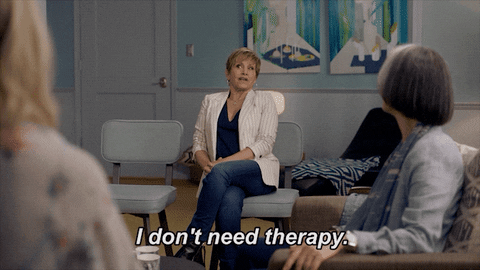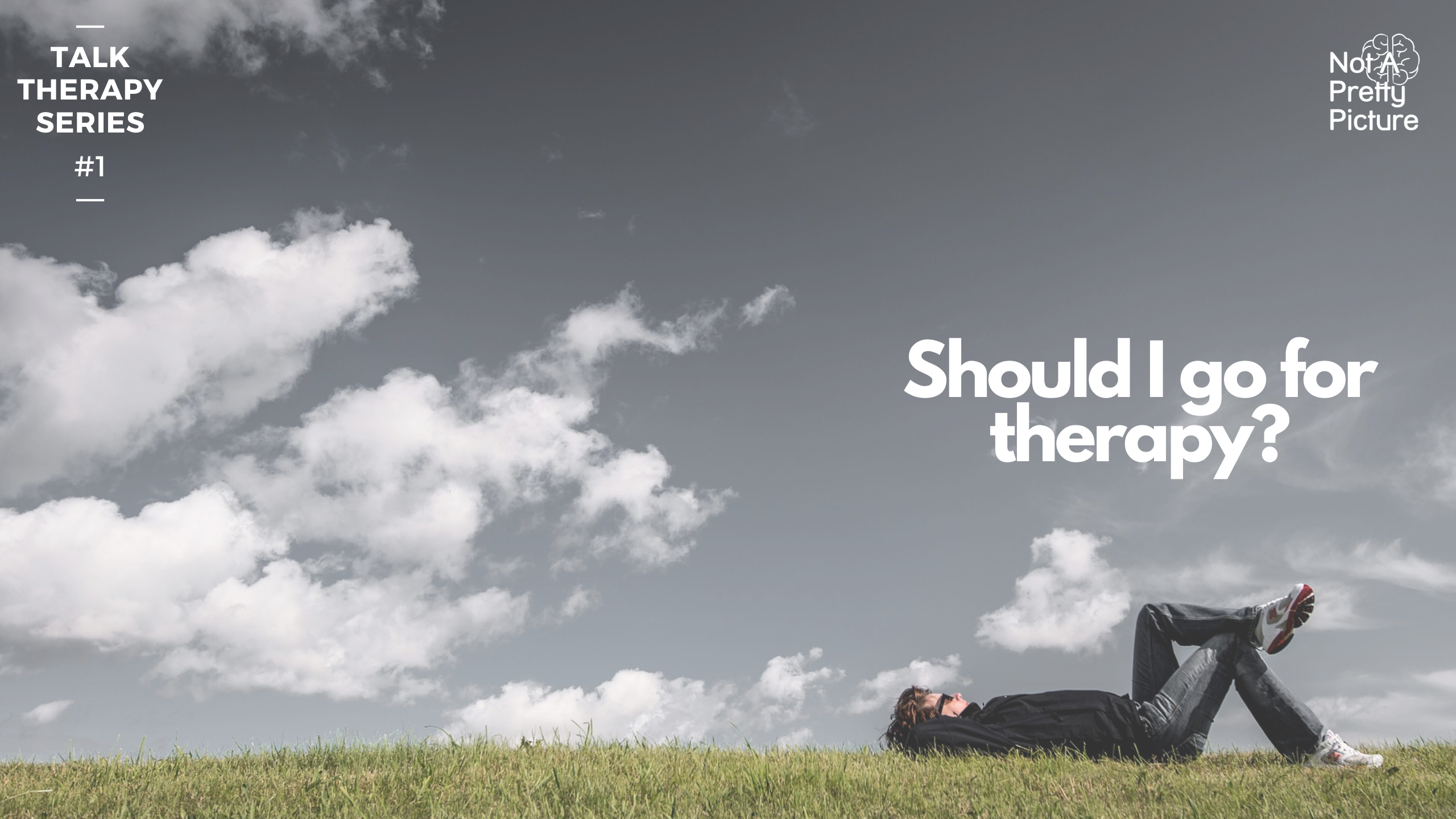It took me a really long time to take the 1st step towards therapy. I had spent the bulk of my life self-therapising and depending on the sagely comfort of my hubby and good friends.
I wasn’t just getting by, I was thriving. Well, so it seemed. Successful at work, awesome social life, amazing travels… and so on. But, the issues that result from having a schizophrenic brother is no small matter, and they clung to me like an unwelcome heavy, wet coat.
Eventually, the coat became heavier and started weighing me down more frequently. Despite the joys in life, the coat was there to constantly suffocate and remind me of all my surrounding heaviness.
I cannot remember the last time I was truly happy.
Was the statement I had made sometime in March this year that finally led me to realise that this wasn’t something I could handle on my own.
On one hand, I was too scared to truly enjoy life and be happy for fear that it would all come crashing down.
On the other hand, I was genuinely plagued with all sorts of feelings – sadness, anger, guilt, resentment, so I don’t think I could have been happy even if I tried.
And that was what led me to therapy.
All the feelings were growing in intensity and frequency and I needed to deal with them before they swallowed me up.
It takes a lot for some of us to make this decision, I totally get it. If you’re like me, you might even be sceptical about just how much going to therapy will help.



So how do you know if you need a little help from a stranger?
Well, there are many reasons to seek support, too many to list so I’ve decided to just highlight some less than obvious reasons and especially for people who might be in a similar situation such as mine. That is, people who seem perfectly fine and even thriving, but who really do need help.
- You notice it worsening, that is, the feelings or issue crop up more frequently, or with more intensity. The American Psychological Association suggests considering therapy when something causes distress and interferes with some part of life, particularly when thinking about or coping with the issue takes up at least an hour each day.
- You don’t have the right support. You might have amazingly supportive friends and family, but they may not have the right strategies and tools that a professional would have to help you deal.
- You’re not able to handle your emotions on your own. You’ve tried talking to friends, taking better care of your physical health, self-talk and reading up on your own but it’s not enough.
- It’s interfering with your life – whether at home, work or socially. Maybe it’s a decrease in the ability to concentrate, maybe it’s withdrawing from social activities, maybe your sleep is wrecked. The symptoms can be anything, it’s whether you can, and want to, spot them.
- You’re feeling hopeless, depressed, out of sorts and you don’t know why.
- You think you’re mostly fine, but small situations suddenly trigger you into a darkness.
- Social isolation and apathy. You start withdrawing from activities and gatherings that you normally would enjoy.
- You have childhood emotional neglect or childhood trauma that you try to leave behind but are unable to.
- And one reason that most people may not think of – you simply want to improve your life.
Remember, therapy is not only for those who are dealing with mental or emotional issues. Therapy can also help with personal growth for a more fulfilled life.
Check out this quick quiz to see if you might need help.
So, if you’re looking for a little help, remember, there is no shame, only courage in asking for it. 😊 Good luck on your journey!
Other Articles in the Talk Therapy series:
Confused by all the different options? How to find the right therapist for you.






5 thoughts on “Should I go for therapy?”